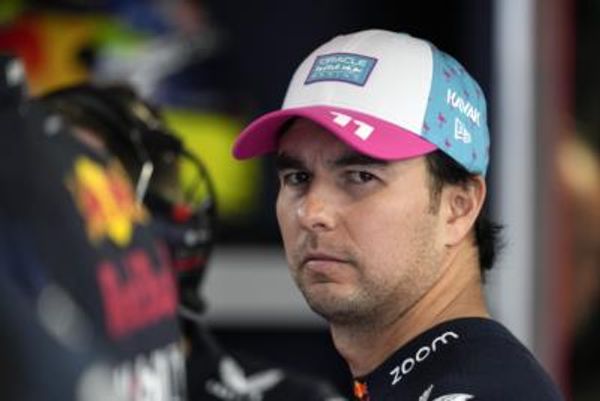
Editor's Note: This week, we will be publishing excerpts from The Bruce Lee Code (Career Press), a new book from TheStreet writer/editor Thomas Lee. The book examines how Lee's life and words can inspire entrepreneurs and career-minded professionals. The Bruce Lee Code, which launches April 3, is available to purchase here.
A study by Michigan State University found that Nobel Prize Winners were more likely to be involved in the arts than less accomplished scientists.
In fact, they found that they were twice as likely to be proficient in music (playing instruments, composing, conducting), around seven times as likely to be interested in the arts (drawing, painting, printmaking sculpting), twelve times more likely to be writers (poets, playwrights, novelists, essayists), and as much as twenty-two times more likely to be performers (amateur actors, dancers, magicians).
So it probably shouldn’t surprise you that Bruce Lee participated in every category on this list. He didn’t win a Nobel Prize, but his enormous curiosity and willingness to stretch himself were key factors in his success.
A Renaissance Man
Growing up in Hong Kong, Lee wasn’t a particularly good student. But by the time he attended the University of Washington in Seattle, he not only worked hard to improve his grades, but demonstrated an intense curiosity for all kinds of knowledge. Whether sitting by Lake Washington or at a table in his favorite restaurant, he could often be found drawing, sketching, or even writing poetry, and his fascination with verse, rhyme, and meter continued throughout his life.
Lee was a voracious reader, consuming everything from traditional Chinese picture books to works from both Eastern and Western thinkers like Carl Jung, René Descartes, Plato, Chuang Tzu, the founder of Taoism, and Jiddu Krishnamurti. Books were piled throughout his house and even overflowed into his garage.
But Lee wasn’t content just to consume and accept information. He questioned concepts and experimented with them to create new ideas of his own. He jotted down new ideas at all hours of the day, excitedly telling his wife and friends what he just discovered. When he found that something didn’t work, he didn’t complain; he tried to fix it. For example, he developed his own exercise equipment to reflect his philosophy on fighting.
To increase his reaction speed, Lee created equipment that came at him in unpredictable ways and from unexpected angles. He also developed his own exercise routines that worked on specific areas of the body—for instance, increasing muscle mass around his shoulders and torso. He even came up with his own protein shakes, experimenting with ingredients like wheat germ, powdered milk, peanut butter, eggs, and brewer’s yeast.
Likewise, when he realized that Hong Kong kung fu movies weren’t particularly good, he taught himself the craft of filmmaking, buying several books about it and learning as much as he could about behind-the-scenes techniques.
'Bruce was a sponge'
But Lee never worked in a vacuum. His intellectual curiosity, work ethic, creativity, and willingness to experiment are what made him so successful, even at things he had no experience doing.
“When you’re the head of an innovation program, you have to figure out how to get budgets, you have to experiment, and you have to have a diverse knowledge and skill set,” said Lee Huang, a media and technology executive. “And this is what I think is missing for most innovators.”
“Bruce was a sponge, which is what you have to be,” he said. “You just have to keep learning because half of the things you need to learn, you may not know, but you have to have that inquisitiveness to continually learn and then apply it, apply it and integrate it.”







